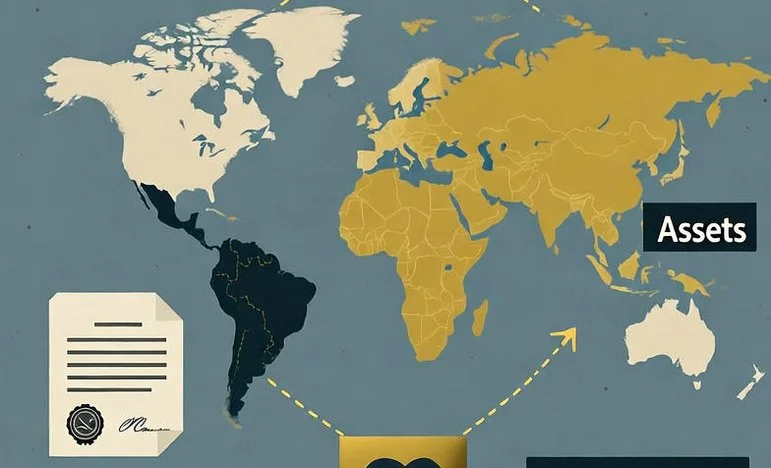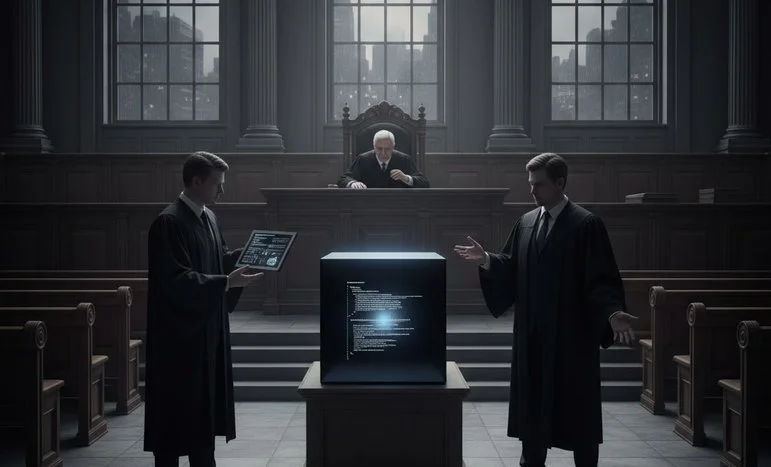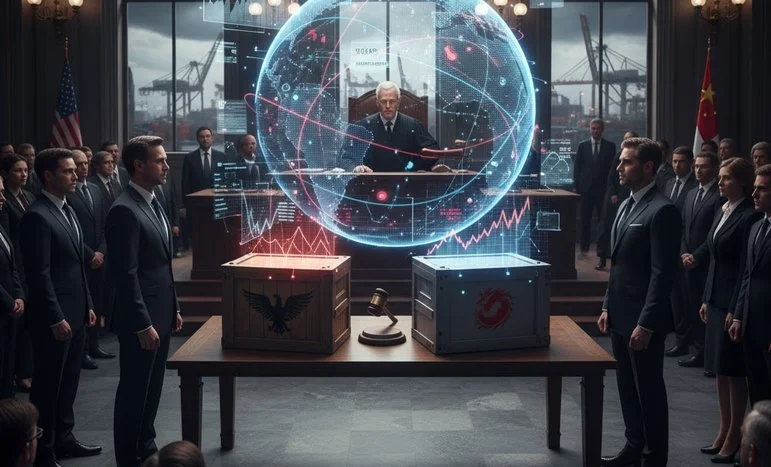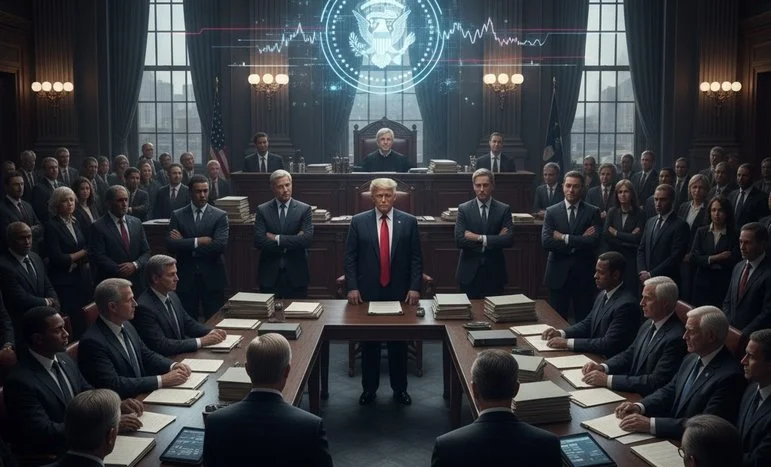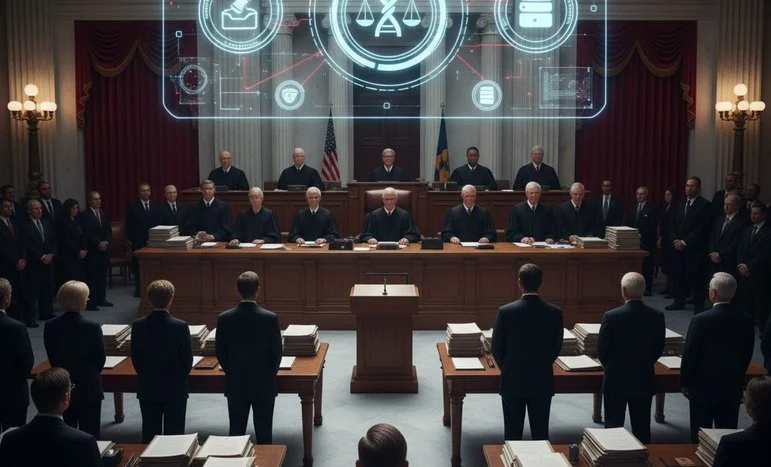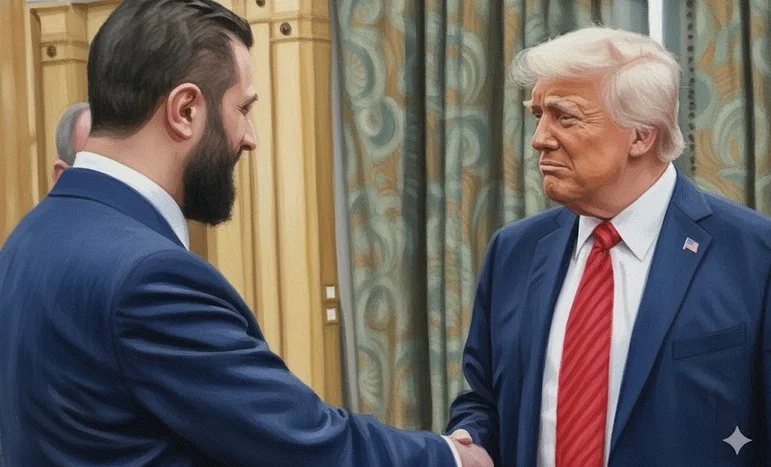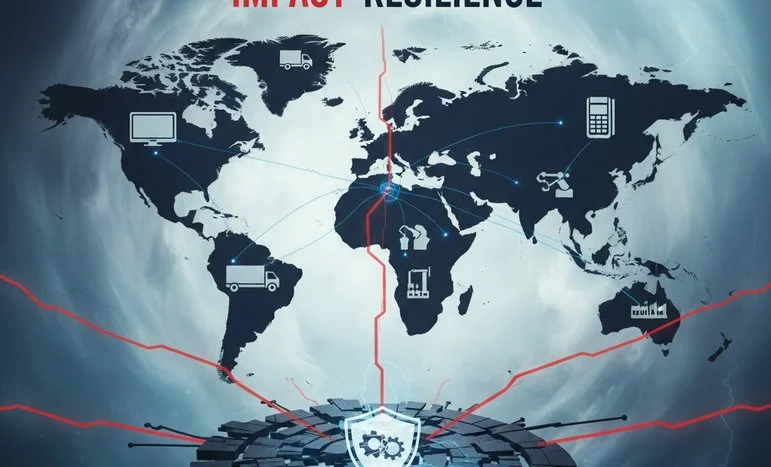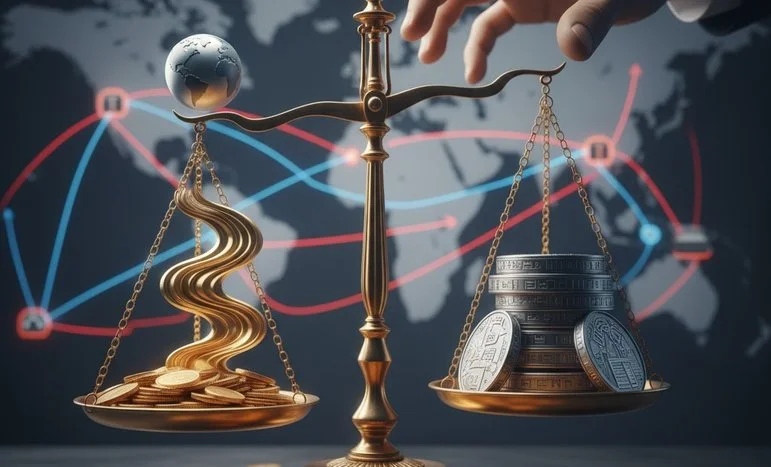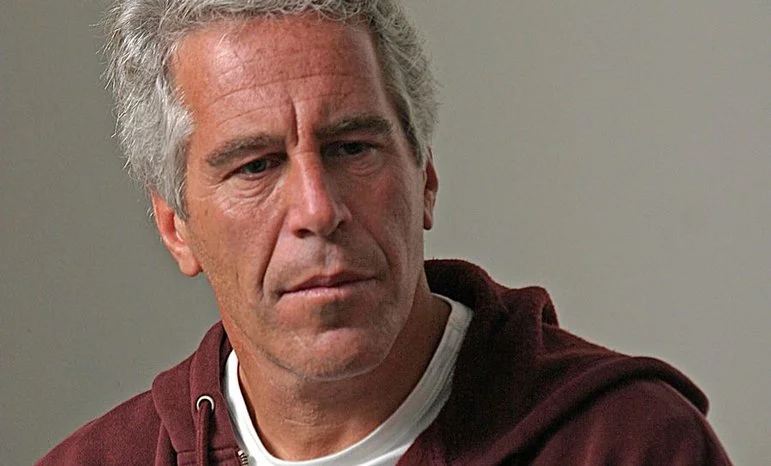
Secrecy Prevails: Judge Denies DOJ Request to Unseal Epstein Grand Jury Transcripts
A federal judge has rejected the Justice Department’s bid to unseal grand jury transcripts related to the Jeffrey Epstein case, ensuring the highly sensitive records remain sealed.
The Justice Department had argued that transparency was necessary to address ongoing concerns about Epstein’s extensive network and alleged enablers. However, the court emphasized the principle of grand jury secrecy, noting that disclosure could undermine the integrity of the judicial process and set a troubling precedent.
The decision comes amid widespread speculation about the identities and influence of figures tied to Epstein, who died in federal custody in 2019 under disputed circumstances. For victims and advocacy groups pushing for accountability, the ruling represents another setback in efforts to shed light on the full scope of Epstein’s operations.
Critics argue that keeping the transcripts sealed continues a pattern of opacity surrounding Epstein’s case, fueling public distrust in institutions. Supporters of the ruling insist that protecting grand jury confidentiality is essential to maintaining the justice system’s credibility.
For now, the Epstein saga remains shrouded in secrecy, leaving victims and the public without access to potentially explosive details.
We appreciate that not everyone can afford to pay for Views right now. That’s why we choose to keep our journalism open for everyone. If this is you, please continue to read for free.
But if you can, can we count on your support at this perilous time? Here are three good reasons to make the choice to fund us today.
1. Our quality, investigative journalism is a scrutinising force.
2. We are independent and have no billionaire owner controlling what we do, so your money directly powers our reporting.
3. It doesn’t cost much, and takes less time than it took to read this message.
Choose to support open, independent journalism on a monthly basis. Thank you.
